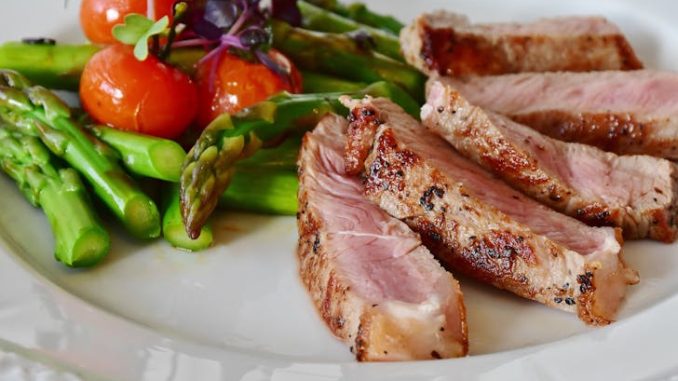
Meat has taken a beating in the last few years. Flip through social media, and you will feel guilty just smelling a roast. You would think chewing on a steak is the same as lighting a cigarette. But hold up! Meat is not the villain it is made out to be.
The truth is, meat is more complicated than the headlines. The quality, cut, and how often you eat it all matter. Lumping in a slow-cooked, grass-fed brisket with a cheap, processed hot dog makes no sense. But not all meat is equal – and your body knows it.
The NHS says people eating more than 90 grams of red or processed meat a day should scale it back to 70. That is smart advice. But it doesn’t mean all meat is toxic. It means balance. When eaten in moderation and prepared well, meat can actually support your health – not destroy it.
Meat Isn’t Killing You – It Might Be Helping You Live Longer
Some of the biggest studies in the world are turning the old story on its head. Dr. Wenpeng You, a biomedical researcher in Australia, looked at data from 175 countries. His team studied the link between meat, life expectancy, and disease – adjusting for obesity, wealth, and calorie intake.
Pixabay / Pexels / A group of Australian researchers find that people who eat meat (in moderation) tend to live longer, not shorter.
That is not what you would expect from all the scary headlines. But it makes sense. Humans evolved eating meat. For thousands of years, it was our best shot at surviving. Before farming, animal protein kept us going. So it is no shock that our bodies still handle meat well – sometimes better than modern substitutes.
Your Muscles Need Meat as You Age
Around your 40s and 50s, your muscle mass starts shrinking. This is not about hitting the gym. It is biology. It is called sarcopenia, and it kicks in like clockwork. You lose 1–2% of muscle a year if you don’t do something about it. That is a big deal for your strength, your energy, and even your brain.
Meat helps slow that down. It is packed with protein your body can use right away. Professor James Goodwin, a brain health expert, says 30% of your diet should be protein to fight this muscle loss. Sure, you can get that from plants. But it is not easy. You would need to plan, prep, and eat a lot more to match what a chicken breast can give you in one go.
Meat Gives You the Nutrients That Are Hard to Get Elsewhere
Cutting back on meat means cutting back on iron, zinc, selenium, and vitamin B12 – nutrients that many people already struggle to get enough of. A University of Edinburgh report found that slashing meat consumption without properly replacing those nutrients could do more harm than good.
Sam / Pexels / Health experts suggest that meat has been one of the key sources of nutrients for ages.
Think of it like this: Without enough iron, you feel tired all the time. Without zinc, your immune system dips. B12? You risk nerve damage and brain fog. Plant-based diets can work, but they take serious effort to balance. For most people, meat is still the easiest way to stay topped up.
Processed Meat Isn’t the Same as a Home-Cooked Steak
Let’s be real: A hot dog is not the same as a grilled lamb chop. Processed meat has extra salt, preservatives, and fillers. That is what the scary studies usually focus on. But it is unfair to treat a home-cooked roast the same way.
Quality matters. A lean cut of meat from a trusted source is a completely different food. Eat it with vegetables, cook it simply, and don’t go overboard.
